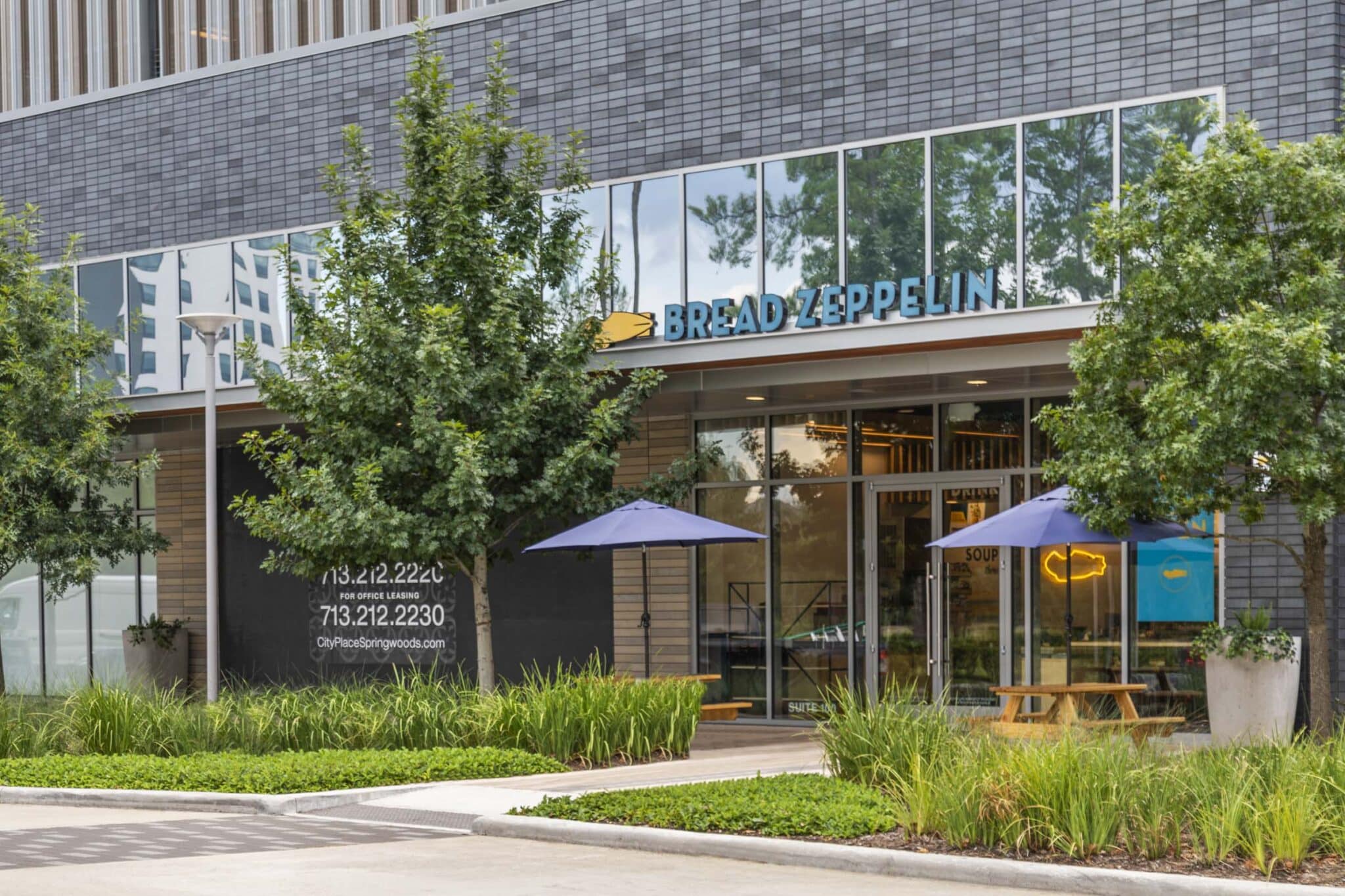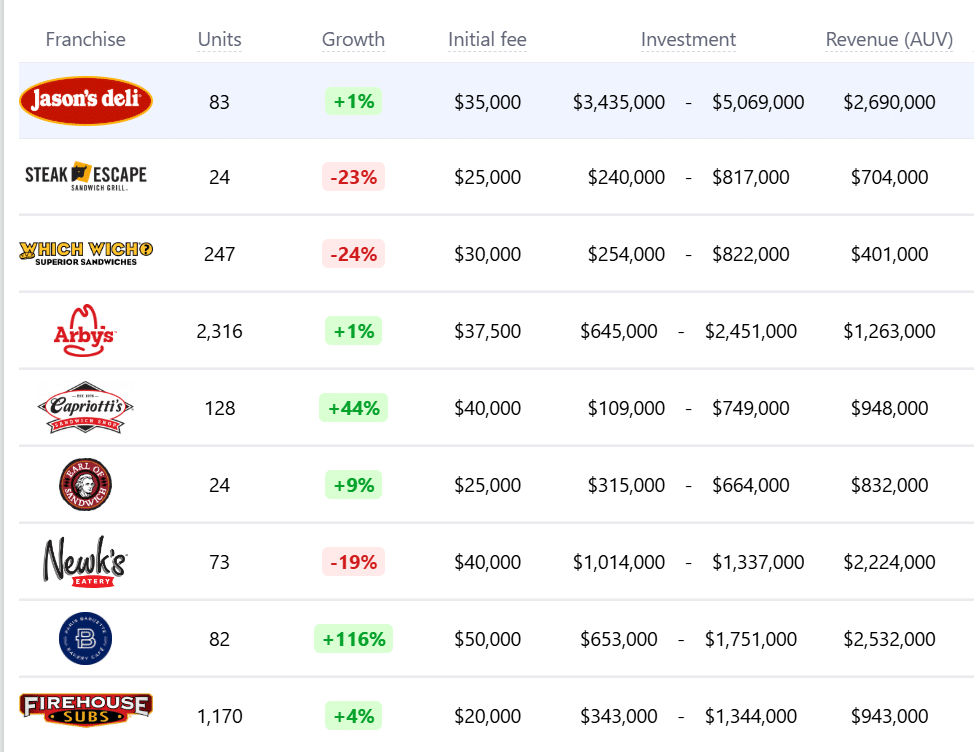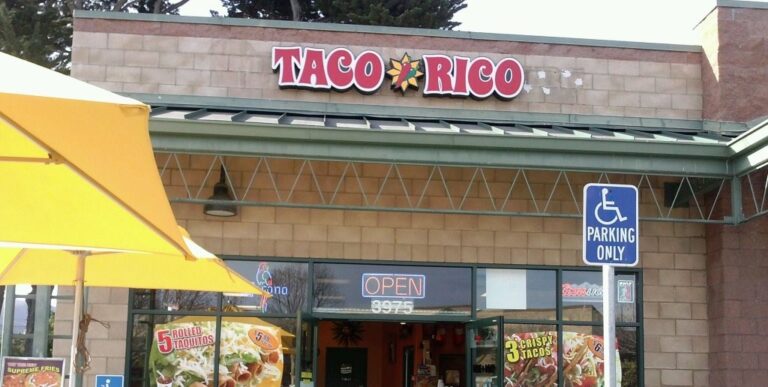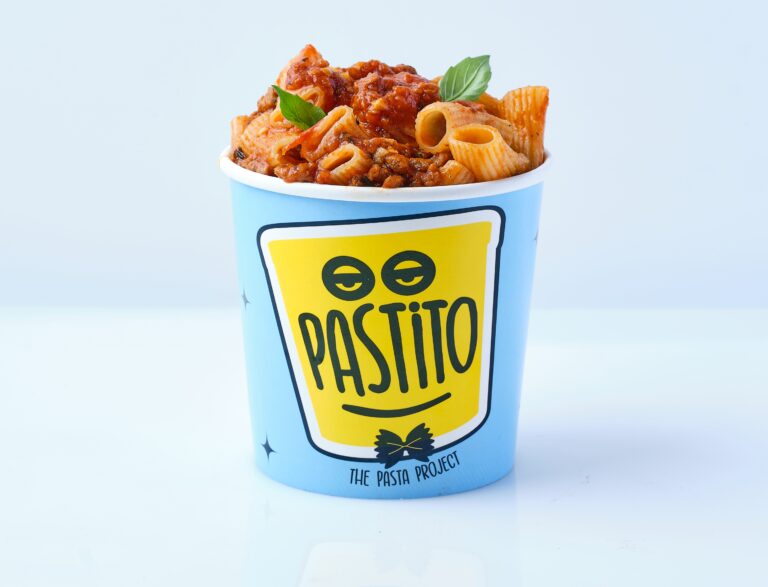Bread Zeppelin Franchise FDD, Profits & Costs (2025)

Bread Zeppelin, established in 2013 in Dallas, Texas, is a fast-casual dining concept that reimagines traditional salads and sandwiches. The company is headquartered at 25 Highland Park Village, Suite 100 #309, Dallas, TX 75205.
In 2019, Bread Zeppelin began offering franchise opportunities, expanding its unique culinary experience beyond its original locations.
The menu features customizable salads served in two distinctive ways: in a bowl or within a toasted artisan baguette, known as the “Zeppelin.”
This innovative approach sets Bread Zeppelin apart from competitors by combining the freshness of salads with the heartiness of sandwiches, catering to health-conscious diners seeking flavorful, convenient meals.
Initial Investment
How much does it cost to start a Bread Zeppelin franchise? It costs on average between $466,000 – $872,000 to start a Bread Zeppelin franchised bakery.
This investment covers various startup expenses such as leasehold improvements, equipment, initial inventory, and training. The exact amount depends on various factors, including the location, and whether the franchisee chooses to lease or purchase the property.
Competitors
Below are a few Bread Zeppelin competitors as a comparison:

Frequently Asked Questions
How many Bread Zeppelin locations are there?
As of the latest data, Bread Zeppelin operates nine locations, with the majority being franchise-owned. The brand began franchising in 2019, fueling steady growth across Texas. This expansion has been supported by strong franchise agreements and a unique dining concept, with plans to further extend its footprint in the U.S.
What is the total investment required to open a Bread Zeppelin franchise?
The total investment required to open a Bread Zeppelin franchise ranges from $466,000 to $872,000.
What are the ongoing fees for a Bread Zeppelin franchise?
Bread Zeppelin franchisees pay a 5% royalty fee on gross sales for ongoing support and brand usage. Additionally, they contribute 1% to 2% of gross sales for marketing, funding regional advertising, and promotional campaigns to boost brand visibility.
What are the financial requirements to become a Bread Zeppelin franchisee?
To become a Bread Zeppelin franchisee, candidates are expected to have a minimum net worth of $1 million and at least $300,000 in liquid capital per unit.
These financial benchmarks ensure that franchisees possess the necessary resources to support initial investments, cover operational expenses, and sustain the business during its growth phase.
Who owns Bread Zeppelin?
Bread Zeppelin is owned by Troy Charhon and Andrew Schoellkopf, who founded the company in 2013. They continue to lead the brand, overseeing its operations and driving its expansion as a unique fast-casual dining concept.
Disclaimer
Disclaimer: This content has been made for informational and educational purposes only. SharpSheets is an independent educational resource and is not affiliated with, endorsed by, or representing any franchisor mentioned on this website. Where noted, figures are taken from the franchisor’s Franchise Disclosure Document (FDD). In some cases, we may provide independent calculations or estimates based on publicly available information. We do not make any representation or warranties with respect to the accuracy, applicability, fitness, or completeness of the information presented in the article. You should not construe any such information or other material as legal, tax, investment, financial, or other professional advice. Nothing contained in this article constitutes a solicitation, recommendation, endorsement, advertisement, or offer to buy or sell any franchises, securities, or other financial instruments in this or in any other jurisdiction in which such solicitation or offer would be unlawful under the franchise and/or securities laws of such jurisdiction.
All content in this article is information of a general nature and does not address the detailed circumstances of any particular individual or entity. Nothing in the article constitutes professional and/or financial and/or legal advice, nor does any information in the article constitute a comprehensive or complete statement of the matters discussed or the law relating thereto. You alone assume the sole responsibility of evaluating the merits and risks associated with the use of any information or other content in this article before making any decisions based on such information or other content.




